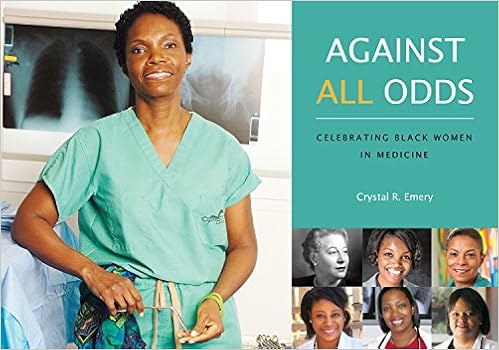
This guide was designed to provide you with selected resources on the history of women working in the field of medicine and to provide you assistance in locating other good sources on the topic.
To navigate this guide, click on the tabs above or on the links in the Table of Contents below.
If you need help, please email library@ccis.edu.
Below are some resources pulled from the other pages of this guide that will get you started. Continue to the other pages of this guide to find more resources.
Articles:
The history of women in surgery in Western civilization dates to 3500 before common era (BCE) and Queen Shubad of Ur. Ancient history reveals an active role of women in surgery in Egypt, Italy and Greece as detailed in surgical texts of the time. During the middle ages, regulations forbade women from practising surgery unless they assumed their husbands’ practices upon their deaths or unless they were deemed fit by a “competent” jury. King Henry VIII proclaimed that “No carpenter, smith, weaver or women shall practise surgery.” The modern period of surgery opens with women impersonating men to practise medicine and surgery (Dr. Miranda Stewart). The first female physicians (Dr. Elizabeth Blackwell and Dr. Emily Jennings Stowe) and surgeons (Dr. Mary Edwards Walker and Dr. Jennie Smillie Robertson) in North America found it difficult to obtain residency education after completing medical school. (text from the article's abstract)
As caretakers of children, family and community, it was natural that women were the nurses, the caregivers, as human society evolved. Nursing may be the oldest known profession, as some nurses were paid for their services from the beginning. This was especially true of wet nurses, who nursed a baby when the mother died or could not nurse her child. A woman whose infant did not survive birth, or who was ready to wean her child, or who was capable of nursing more than one baby, would accept employment as a wet nurse, usually going to live in the home of her employer. (text from the article's introduction)
Print Books to Check out from the Library:
 Against all odds : celebrating black women in medicine by
Against all odds : celebrating black women in medicine by E-Books:
Video:
Websites:
The guides below may help you learn more about topics related to nursing and to medicine.